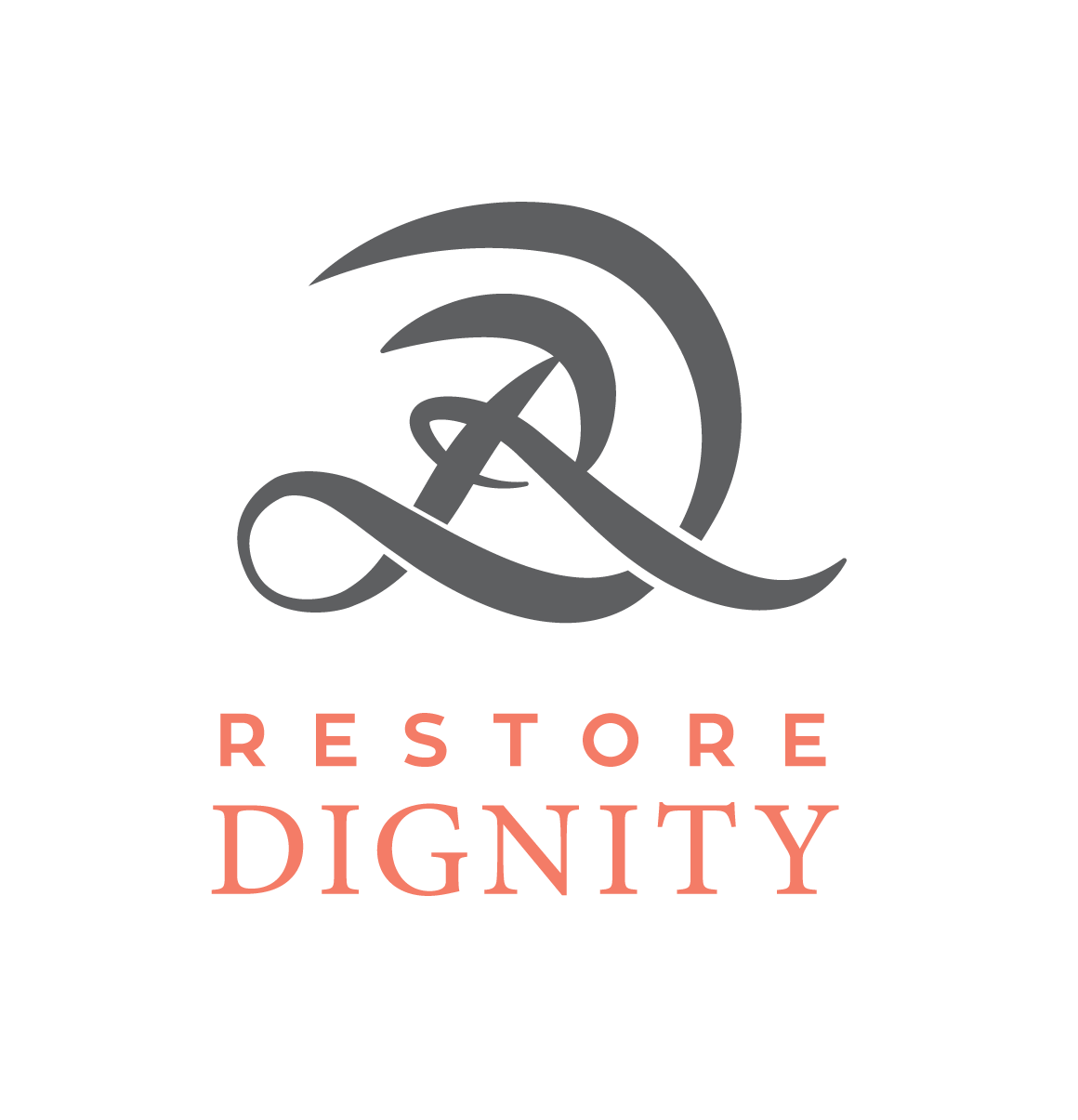When I opened up to my husband about my abuse he knew it already on some level.
I hid my trauma for a long time, or so I thought. I kept myself busy, focused on only the positive, and was completely unaware how much my unaddressed abuse was dictating my present. My trauma impacted the decisions I was making, my relationships, and how I viewed reality. When I first began my journey, I had no idea that my insomnia, dissociative episodes, and sporadic rage were related to my past, among other strange thought patterns. I checked out – disappeared – when I would get overloaded, totally unaware of what I was missing with the kids, in my everyday duties, and with others.
After opening up to my husband and close friends, I found a counselor.
The best thing my husband did was provide the space I needed to process. If I didn’t get to the dishes or tend to a part of the house, or dinner, it was okay. Getting rest has also been a major part of processing the triggers, flashbacks and therapy. If I needed to step out of the house or go to a support group meeting he encouraged me. Instead of trying to fix what seemed to be problems, he just let me be which allowed me to work through my stuff. This also required me to speak up especially in the bedroom. There were so many times I would shut down or I would treat Sean like the perpetrator and be full of rage inside. Not expressing my real feelings for so many years caused both of us great anguish.
Some important understandings when dealing with unresolved trauma is that, when triggered, the past can suddenly intrude into the present. A trigger can be anything from a song, a smell, a movie, a book, something you say, do or don’t do, and many other things that remind us of the unresolved past experience.
What is happening to someone when triggered? Triggers can throw one into a fight, flight, or freeze mode. It is important to listen to the body and respond, for example:
- Identify the feeling – betrayal, disgust, fear etc. – realize it could be the past causing the strong feelings. Where is this feeling really coming from?
- Misplaced anger often got directed to those I love. When triggered the fight response can kick in – go for a walk, take it out on a pillow, or act it out in the air. Doing something physical is a great release for the adrenaline rush that can come from being triggered. The rage can seem like a knee-jerk reaction, but the destructive patterns need to stop.
- Write it out – I have found journaling to be therapeutic and a great help to get to the origins of the feeling.
- Transference can happen and, when triggered, a friend or family member can seem more like the perpetrator and the recipient of an emotional response. Questioning my reaction in these situations and soliciting feedback can be helpful. Is this a rational response to this person?
- Shame was paralyzing – words were hard to find. I edited my words and many times didn’t complete sentences. My husband and good friend would fill in the gaps when I would get stuck in my head. My husband discovered that positive words can pull me out of my head and bring me back. I also found that much of my self-talk was lies. Using positive self-talk can replace the lies with truth. The words I found most helpful in finally shattering the shame came when I would picture the abuse and then say the words,”Even in this moment, I am good.” I did this many times and still do and it feels so good.
I had no idea the symptoms would diminish and disappear with little effort when I began to heal from my abuse. In fact, I didn’t even know that many of my behaviors were symptoms until they were gone. The noise in my head went away, I seem to have more time and it moves so slowly, words just flow off of my tongue and the list continues. Talking about my pain has been liberating. Unresolved trauma keeps replaying itself until it is resolved. Friendship, counseling, and attending a Grief to Grace program has put me in a good place in which I feel safe and free. My children have a healthy mother and my husband a renewed wife.
Don’t give up. Sometimes the healing journey can seem arduous, especially if you have children. Compartmentalizing and then decompartmentalizing can be exhausting as one attempts to tend to the needs of the family while at the same time living in unresolved trauma.

